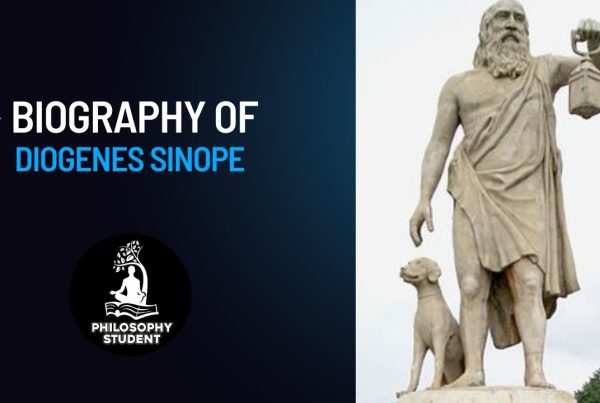Named after the British mathematician and logician Augustus deMorgan (2806-1871), two sets of statements are truth-functionally equivalent:
¬ (P ^ Q) :: ¬ P ∨ ¬ Q and ¬ (P ∨ Q) :: ¬ P ^ ¬ Q
The statements in each pair can be substituted for each other in a proof. The ordinary language version of the rules is as follows:
“Not both P and Q,” is equivalent to “Either not P or not Q.” and “Neither P nor Q,” is equivalent to “It is not the case that P and it is not the case that Q.”
There are also two DeMorgan laws for quantifiers:
¬ ∀xPx :: ∃x ¬Px and ¬ ∃x Px :: ∀x ¬Px
In ordinary language, DeMorgan’s laws for quantifiers can be read as follows:
“Not everything is P” is equivalent to “Something is not P.” and “It’s not the case that there is a P” is equivalent to “Everything is not P.”




































